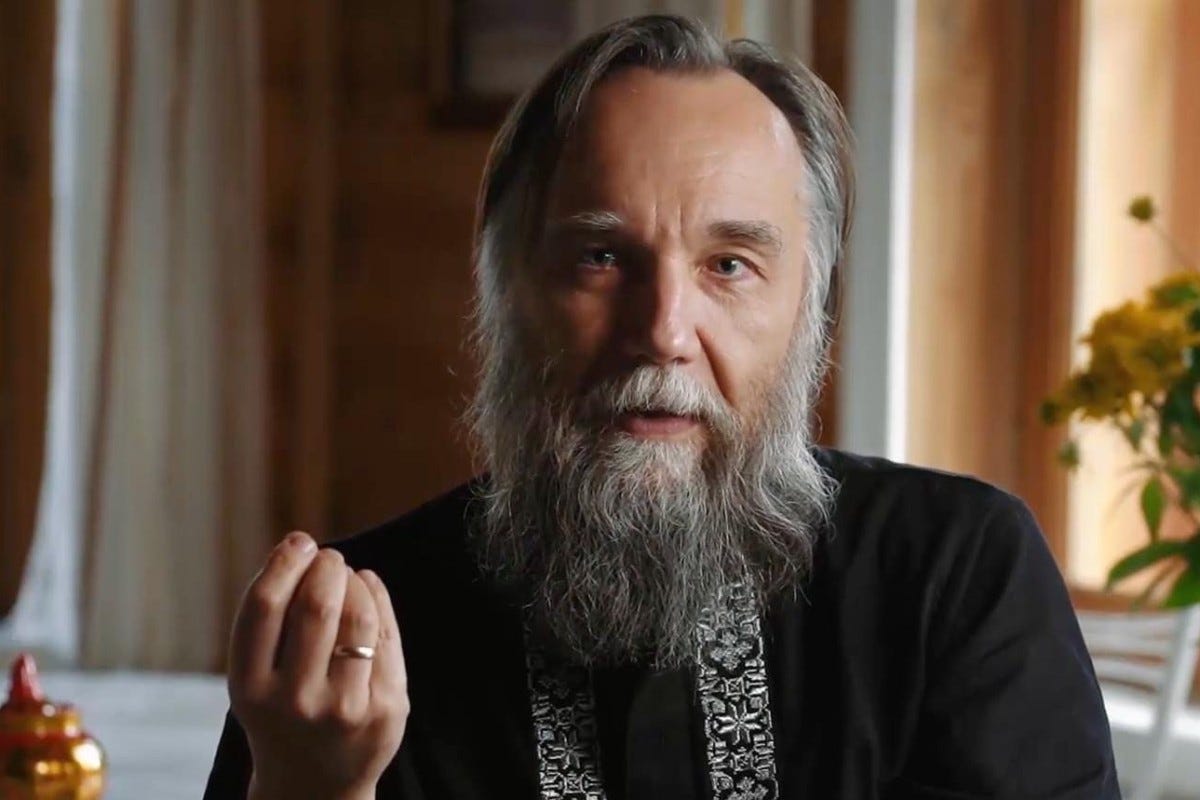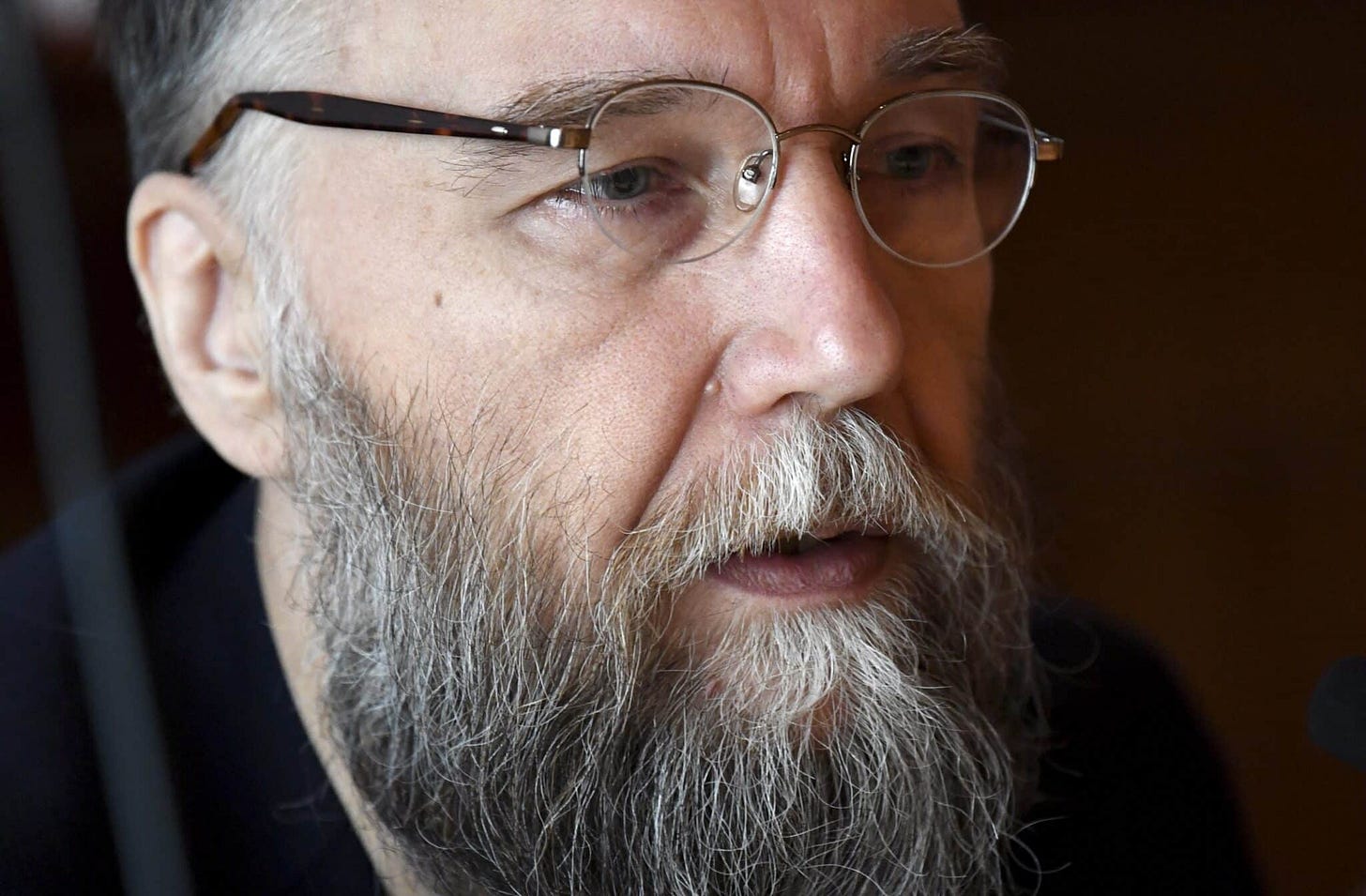The West and the Rest: Alexander Dugin's Philosophical Rebellion
Introduction: A Philosophical Earthquake
Alexander Dugin is not merely a political theorist—he is a philosophical provocateur who has fundamentally challenged the dominant Western paradigms of political understanding. His "Fourth Political Theory" represents a radical attempt to transcend the ideological frameworks of liberalism, communism, and fascism that defined the 20th century.
The Philosophical Context: Beyond Exhausted Ideologies
The Failure of Existing Political Models
Liberalism's perceived moral bankruptcy
Communism's historical collapse
Fascism's fundamental inhumanity
The need for a new philosophical approach to global politics
The Fourth Political Theory: Fundamental Principles
Dugin argues that existing political theories are fundamentally inadequate for understanding contemporary global dynamics. His theory proposes a revolutionary reimagining of political organization based on:
Civilizational difference
Rejection of universal liberal models
Multipolar world conception
Cultural authenticity
Profound critique of Western-centric worldviews
Core Philosophical Foundations
Radical rejection of linear historical progress
Emphasis on cultural-civilizational uniqueness
Critique of global homogenization
Traditional values as resistance mechanism
Geopolitics as existential struggle
Civilizational Clash: Beyond Huntington
While drawing inspiration from Samuel Huntington's "Clash of Civilizations," Dugin goes far deeper. He sees global politics not as a conflict between cultures, but as a metaphysical struggle between fundamentally different ontological perspectives.
Key Civilizational Perspectives
Western liberal universalism
Eurasian particularism
Traditional cultural forms
Resistance to global standardization
Profound cultural authenticity
Geopolitical Vision: Multipolarity as Resistance
Dugin's most significant contribution is his conception of multipolarity—a radical alternative to American-led global hegemony. He envisions a world where distinct civilizational blocs maintain their unique political, cultural, and philosophical integrity.
Multipolar World Architecture
Rejection of unipolar American dominance
Preservation of cultural difference
Geopolitical balance through complexity
Resistance to global standardization
Authentic cultural-political expression
Controversial Dimensions: Critique and Complexity
Dugin's theories are simultaneously brilliant and deeply problematic. His work represents a sophisticated critique of liberal universalism while potentially enabling exclusionary, nationalist narratives.
Critical Perspectives
Profound philosophical insights
Potential for cultural essentialism
Rejection of universal human rights
Complex relationship with Russian state ideology
Intellectual provocation beyond simple categorization
Philosophical Methodology: Radical Deconstruction
Dugin's approach is fundamentally deconstructive. He doesn't simply propose an alternative political theory but systematically dismantles the philosophical assumptions underlying contemporary political thought.
Deconstruction Strategies
Challenging liberal universalist assumptions
Exposing hidden power structures
Revealing cultural-philosophical limitations
Proposing radical alternative perspectives
Intellectual provocation as methodological tool
The Eurasian Dimension: Russia as Civilizational Alternative
Central to Dugin's theory is the conception of Russia not as a nation-state, but as a unique civilizational entity—a bridge between European and Asian philosophical traditions.
Eurasian Philosophical Foundations
Russia as distinct civilizational space
Rejection of Western liberal paradigms
Traditional values as resistance mechanism
Geopolitical mission beyond national interests
Civilizational uniqueness as philosophical principle
Global Implications: Beyond Academic Discourse
While often viewed as a marginal academic exercise, Dugin's theories have significant real-world implications, particularly in understanding contemporary Russian geopolitical strategies.
Practical Philosophical Impacts
Influence on Russian political thinking
Alternative globalization perspectives
Critique of Western hegemonic models
Complex cultural-political analysis
Philosophical foundation for multipolar world
Conclusion: A Philosophical Challenge
Dugin's Fourth Political Theory is not a comfortable read—it is a radical philosophical challenge that forces us to question fundamental assumptions about politics, culture, and human organization.
"The world is not a picture, but a text waiting to be interpreted." - Alexander Dugin




